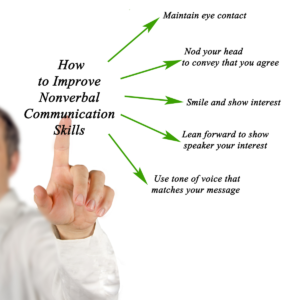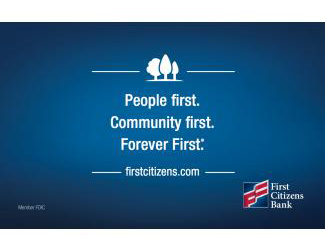
When we think about organizational leaders, what comes to mind are people capable of handling high levels of stress, effectively managing teams and striving toward growth. While certain personality characteristics are associated with the leadership mindset, research indicates that it’s less about the traits you’re born with and more about how you act.
The three domains of leadership traits correspond to “looking for new opportunities”, “dealing with people” and being “hard-working.” It’s true that some people have a natural proclivity toward these organizational spheres, but luckily, these are all things that can be practiced and perfected. And it all comes down to confidence, communication and diligence. We believe that anyone with enough motivation can master leadership roles, here’s how to do it.
1. Practice Effective Communicating
Confident, effective communication is essential for any leader. Without effective communication skills, it will be difficult to articulate your vision to others. Furthermore, effective communication is necessary for building relationships of trust and respect with others. Clear communication is key for giving feedback and making decisions as a leader. In order to practice effective communication, new leaders should focus on being clear and concise when communicating. Also, make an effort to listen to others and understand their perspectives.
Lastly, you should be open to feedback and willing to adjust your plans based on input from others. By following these guidelines, leaders can ensure that their communication is clear, concise, and effective.
2. Focus on Value-Creation
When it comes to leadership roles, focusing on value creation is essential. Leaders have a responsibility to create an environment in which all stakeholders can thrive. This means creating opportunities for employees to develop and grow, and working to create products and services that improve people’s lives. It also means making sure that the company operates in a socially and environmentally responsible way. By harnessing a value creation mindset, leaders can ensure that their organizations are not only financially successful but also contribute to making the world a better place.

3. Practice Confidence
Whether we like it or not, confidence is a key factor in determining who gets ahead in the workplace. Although there are many competent people who lack confidence, employers prefer to promote those who project an air of confidence. As a result, many people find themselves passed over for promotions or stuck in low-level jobs because they lack confidence. Fortunately, there are things you can do to change this. By taking some time to practice workplace confidence, you can increase your chances of being promoted or landing that new role.
One way to do this is to focus on your body language. Make sure you stand up straight and make eye contact when you’re speaking with people. Another way to build workplace confidence is to speak up when you have something to say. Don’t be afraid to share your ideas with others, even if you think they might not be popular. Have the confidence to take risks. If you’re always playing it safe, you’ll never stand out from the crowd. Taking risks demonstrates that you’re confident in your abilities and not afraid of new challenges.
Last modified: December 7, 2022






















